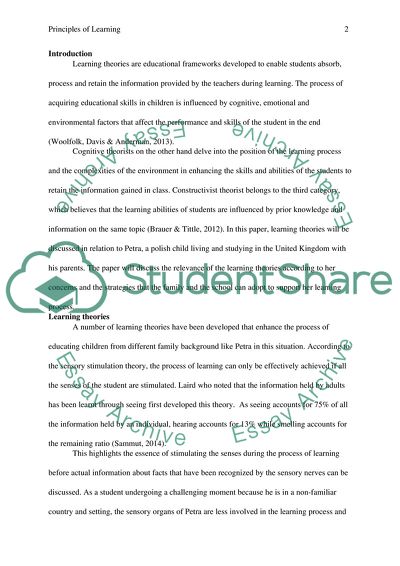Cite this document
(“Principles of learning Essay Example | Topics and Well Written Essays - 2000 words”, n.d.)
Retrieved from https://studentshare.org/education/1653933-principles-of-learning
Retrieved from https://studentshare.org/education/1653933-principles-of-learning
(Principles of Learning Essay Example | Topics and Well Written Essays - 2000 Words)
https://studentshare.org/education/1653933-principles-of-learning.
https://studentshare.org/education/1653933-principles-of-learning.
“Principles of Learning Essay Example | Topics and Well Written Essays - 2000 Words”, n.d. https://studentshare.org/education/1653933-principles-of-learning.


